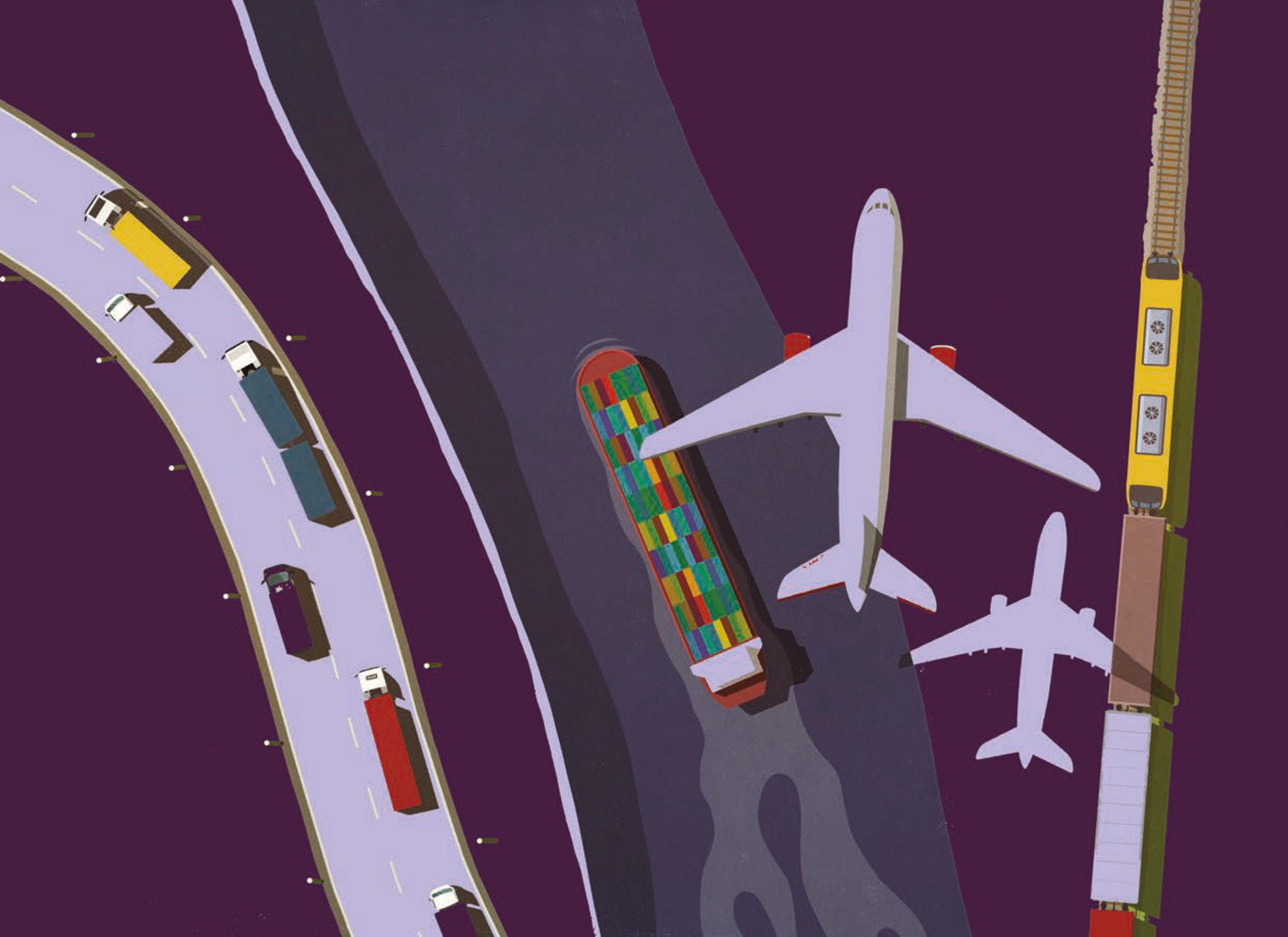The informal sector still constitutes an important part of developing country economies. In Africa, it is estimated to represent 43 percent of official gross domestic product (GDP), thus being almost equivalent to the formal sector. While this phenomenon may provide short-term solutions to poor households, in the longer term, it can seriously challenge the economic development of African countries. This study explores one particular aspect of the informal economy, namely informal cross-border trade in selected Sub-Saharan African countries, and identifies which trade facilitation measures (such as those currently negotiated at the World Trade Organisation) have the potential to encourage traders to switch from informal to formal trade. The paper considers measures that help reduce direct and indirect trade transaction costs arising from mandatory import- and export-related procedures; mechanisms that simplify trade-related regulations and requirements for selected low value transactions; and policies that help enhance compliance levels with existing international trade regulations. In addition, the study explores a number of complementary measures (such as the provision of effective business support services to ?formal? traders and enhanced dialogue between traders and border agencies) which can further encourage firms to formalise their cross-border transactions. The paper does however not suggest that trade facilitation reform alone will help reduce informal cross-border trade nor that governments will be able to fully eliminate its incidence in the region.
Informal Cross-Border Trade and Trade Facilitation Reform in Sub-Saharan Africa
Policy paper
OECD Trade Policy Papers

Share
Facebook
Twitter
LinkedIn
Abstract
In the same series
-
 Policy paper11 December 2023
Policy paper11 December 2023 -
 10 November 2023
10 November 2023
Related publications
-
 Case study10 June 2024
Case study10 June 2024







